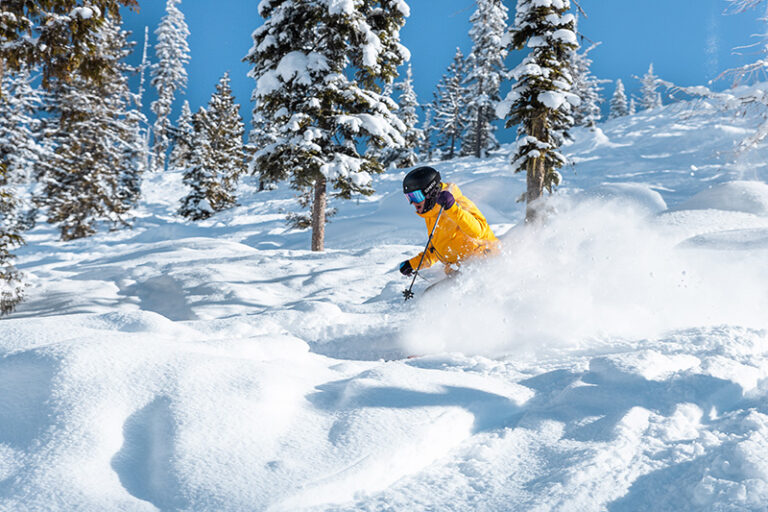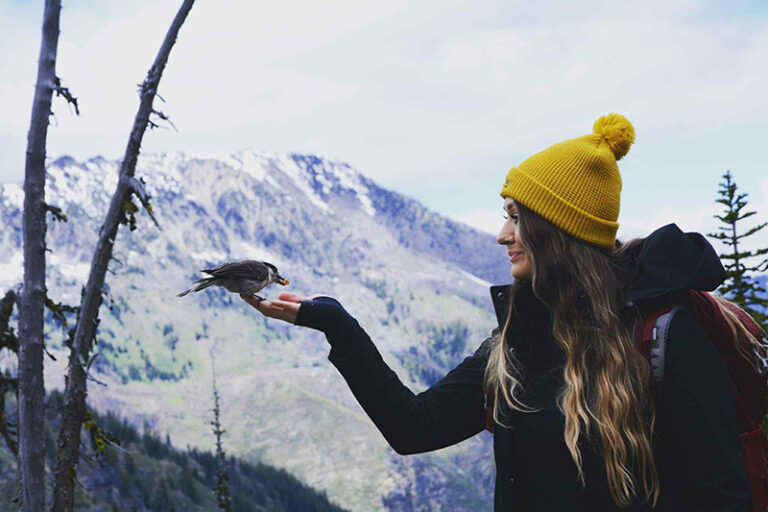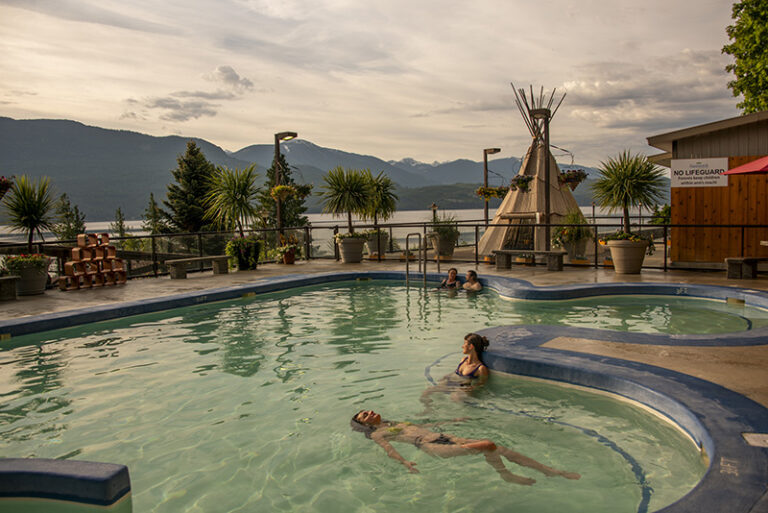One extra-long Labor Day weekend, my brother Scott and I unexpectedly drove nearly 1,000 miles in three days, hiking, camping, and wandering at will across a vast swath of public lands in northcentral Idaho. Our goal was pretty simple. See as much of this wild, remote country as possible in 70 or so hours. Leaving Spokane, we passed through Lewiston, then east up Highway 12. From there we left the blacktop behind. The next 400 miles we covered were on unpaved backroads deep in the Bitterroot Mountains. We camped along the Clearwater River; backpacked into alpine lakes; traversed a large chunk of the famed Magruder Corridor (a primitive, rough road that is the only thing that separates two of the largest wilderness areas in the Lower 48, the Frank Church and Selway Bitterroot); hung out along the upper reaches of the Selway River; drove past giant ponderosa pines, ancient cedars, and mile after mile of untouched forest; and spent a final night camped near the Lochsa River before hiking in for a hot springs soak on our drive home. Along the way, we visited countless cool, out-of-the-way viewpoints; historical sites; tiny mountain towns; and remote, side-of-the-road campsites, swimming holes, and trailheads. By the end of it all, we were road weary yet buzzing with the potential for future adventures into this vast wonderland of wilderness.
The real joy of this trip was that all of this backroad driving and backcountry hiking and camping was completed at virtually no cost, beyond fuel and minimal provisions, since we traveled across public lands owned by all Americans. There are few places in the world beyond the public-land-rich American West where you can hike, bike, float, drive, hunt, fish, and camp on hundreds of millions of acres of forest, mountains, and desert without being harassed by land owners, threatened by thieves, or charged excessive fees for the “privilege.” In the recent past, the likelihood of a political attack on our American system of public lands was a distant, unlikely threat. But that may no longer be the case.
Conservationists, recreationists, hunters and anglers, and other public lands advocates from across the political spectrum are increasingly sounding the alarm for all of us who value access to the trails, rivers, lakes, campgrounds, and backcountry to pay attention so that all public lands stay in public hands. Read Harley McAllister’s article on page 31 for a longer take on this issue, then find a politically active conservation or outdoor recreation organization that fits with your interests and values to help stay informed and ready to write or call elected officials the next time any piece of anti-public lands legislation comes up for a vote. It’s up to all of us to ensure that the American system of public lands and the outdoor opportunities they provide will still be here for future generations that will need access to the Great Outdoors more than ever.













